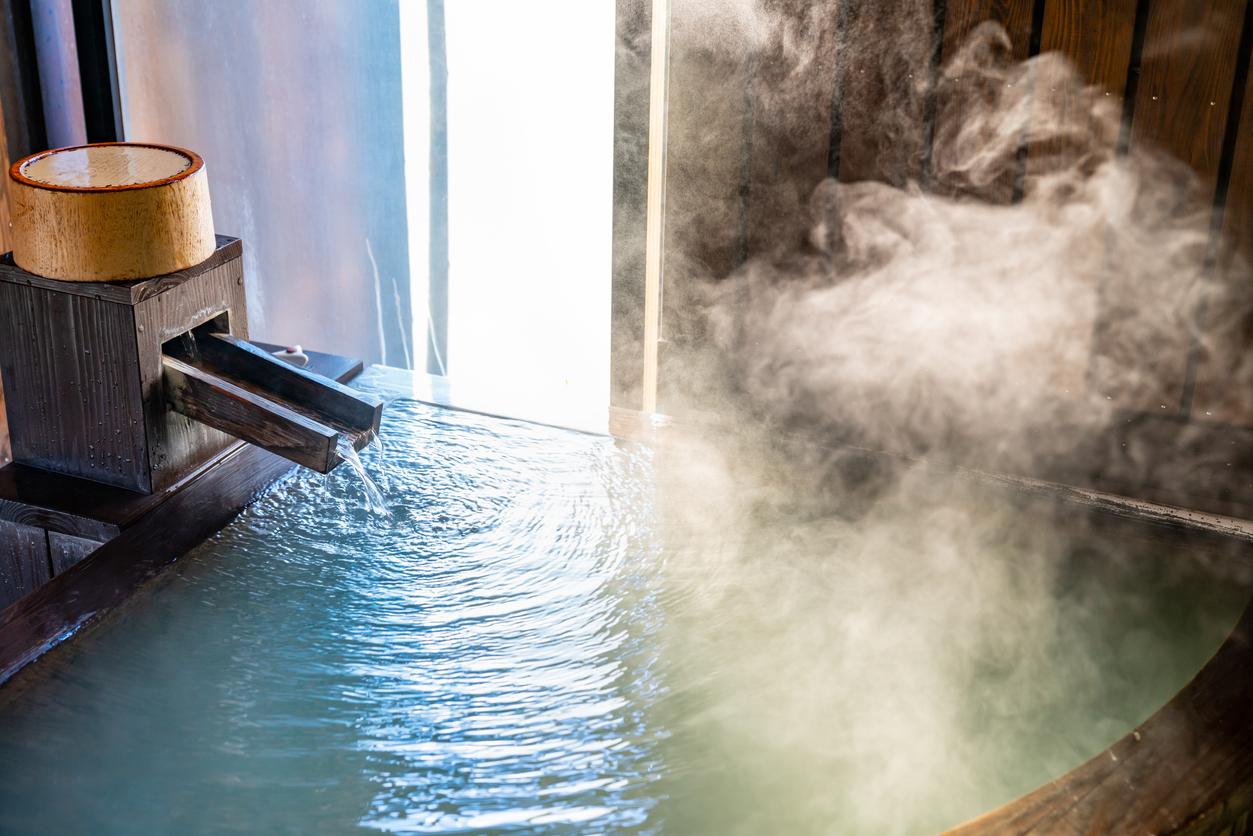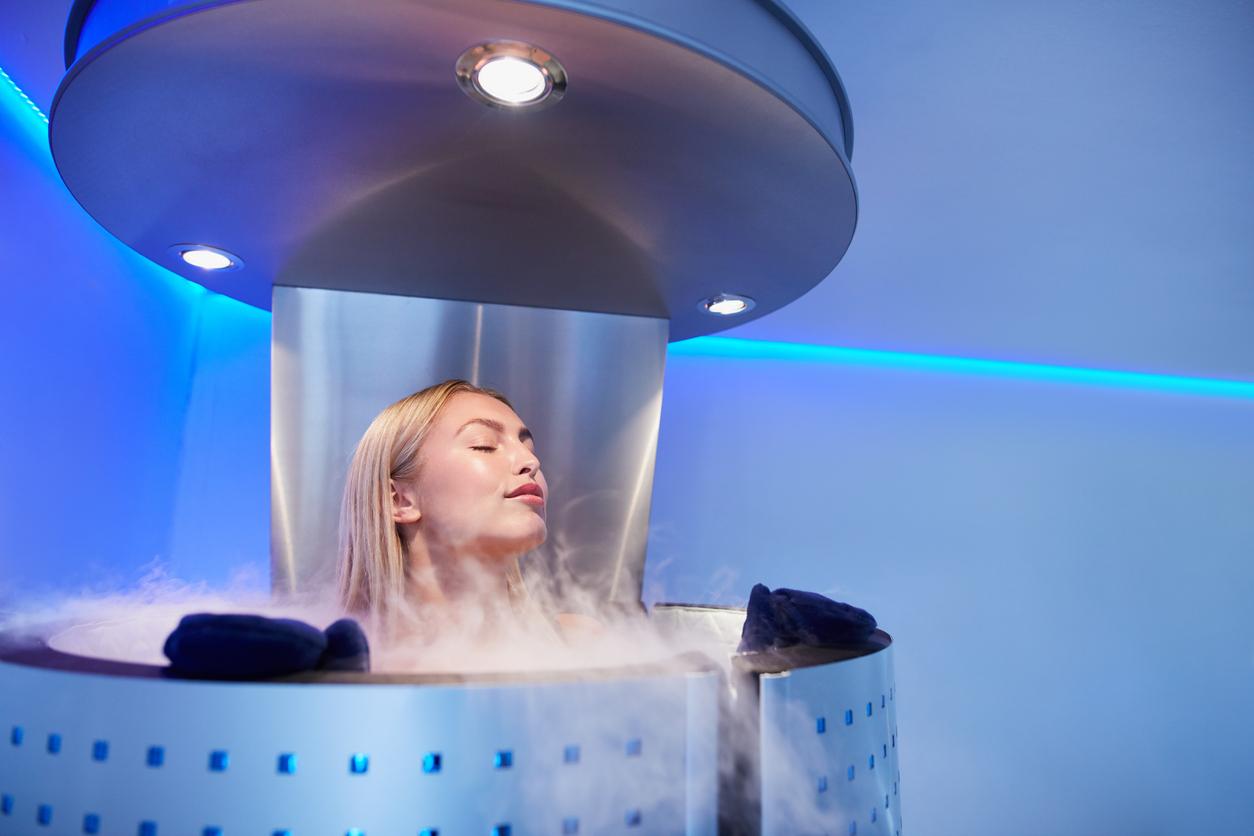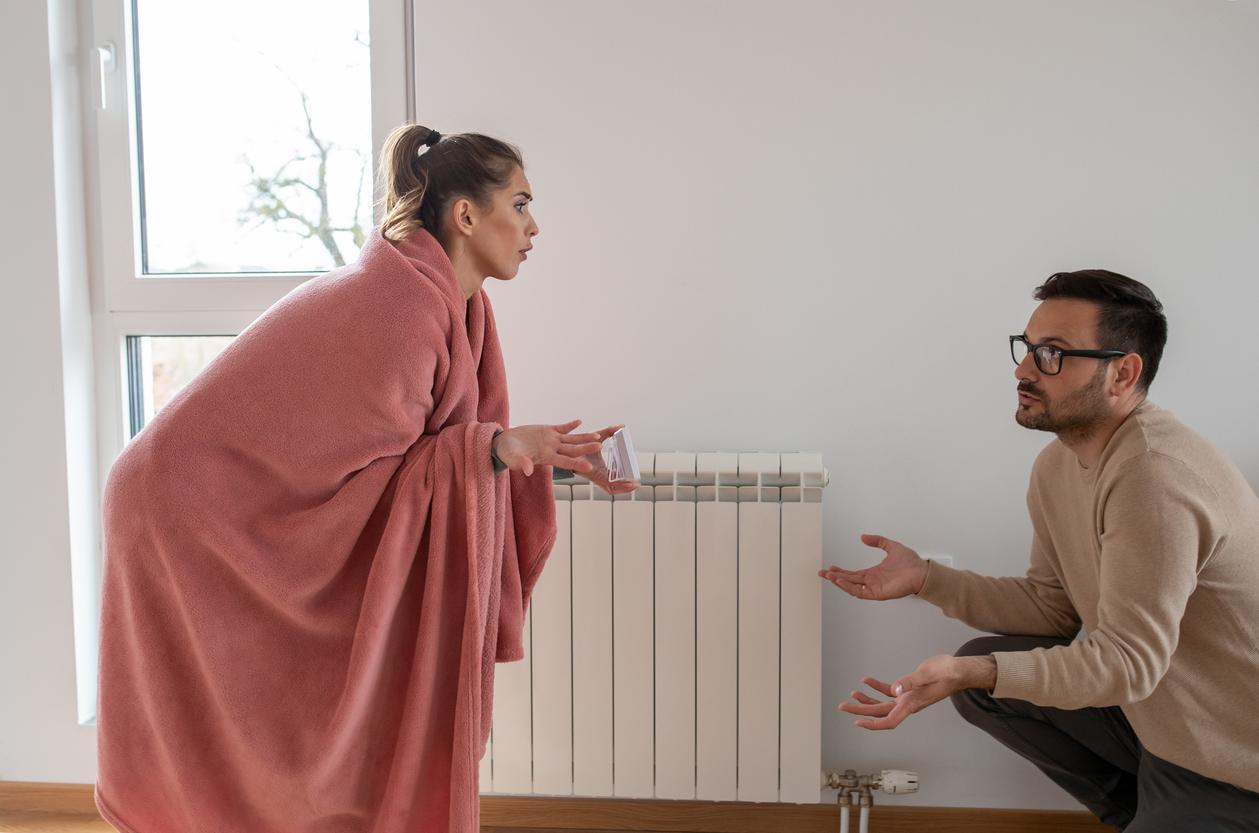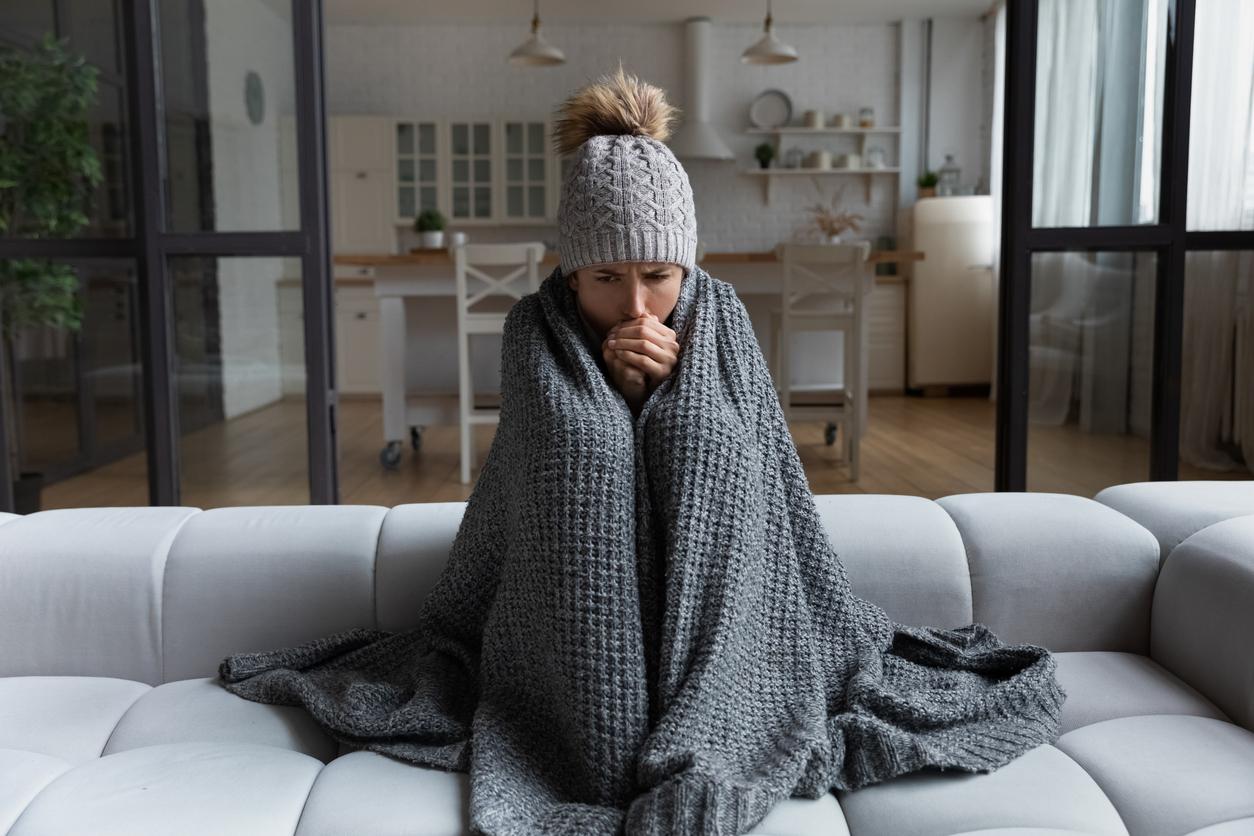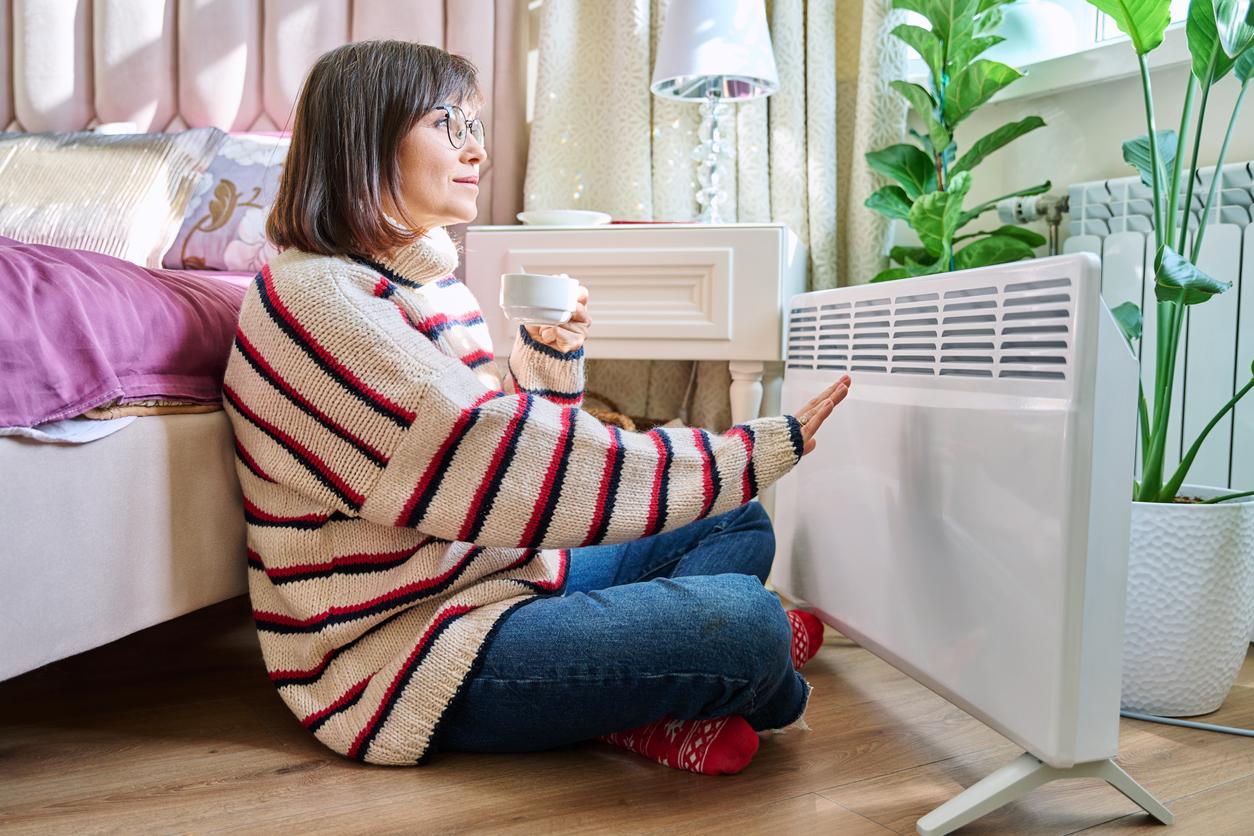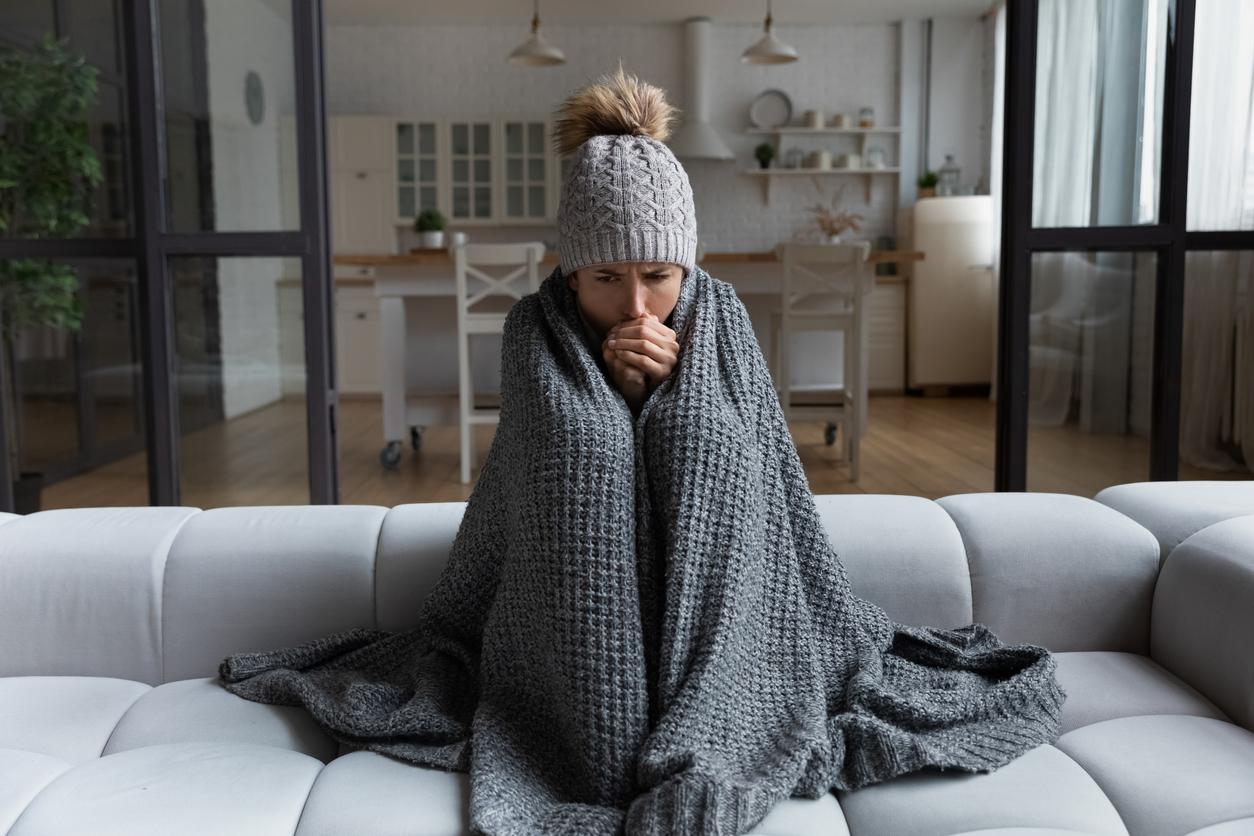
Suffering from ice cubes
Anyone who has ever taken a long skating trip or winter walk knows the feeling. Your fingers have gone numb and blue and your feet feel like ice cubes. Oostindjer: “In a cold environment, the body does everything it can to keep the core where the vital organs are located, warm. The superficial blood vessels allow less blood to pass through to the skin. As soon as you move from the cold to the heat, the blood vessels dilate again.” Cold hands and feet are therefore a normal reaction of the body to cold. Nothing to worry about. But sometimes it’s a symptom of a condition.
1. Perniosis, or Chilblains
Some people have more severe symptoms than others. In that case, there may be something else going on. You suffer from perniosis, for example; more popularly known as chilblains. “In perniosis, the deep blood vessels in the skin remain closed for too long. The capillaries try to take over the blood flow by opening maximally. This causes small wounds, especially on the fingers, hands, toes, feet, heels and lower legs. The affected areas may tingle, glow, and hurt. The exact cause of perniosis is unknown. There is also no medical treatment for it. We do know that some people are naturally more prone to it. Keep yourself warm by putting on extra clothing. Sometimes alternate baths are recommended, but that often has little effect.”
2. Vascular Disease
Poor circulation can also be a cause of cold hands and feet. “If the arteries are narrowed or not functioning properly, less blood gets to the hands and feet. We call this vascular disease. There are all kinds. I regularly see peripheral arterial disease in the doctor’s office. This is a narrowing or blockage in the artery, caused by hardening of the arteries. As a result, less blood flows to the legs and there is a lack of oxygen in the legs or feet. People with this condition mainly suffer from cramps in the calves when walking. Sometimes the feet feel cold and sore. If you notice this, go to your doctor. The complaints are often treatable. In most cases, your GP will refer you to a specialized physiotherapist for gait therapy. We often see that this relieves the complaints.”
3. Diabetes
Diabetes can also cause reduced circulation and give you cold hands and feet. Oostindjer: “Too much sugar is harmful to the nerve endings. Diabetes affects the nerves in your feet. Due to the reduced functioning of the nerves, you have a different feeling in the feet. People with these complaints often say that their feet are very cold. But when I feel the feet with my hands, they are just warm. It is the experience that has changed; there is less feeling in the feet. If you have diabetes, it is important to treat it properly. Over time, diabetes can increase the risk of heart failure and cause vasoconstriction. Both diseases in turn cause cold hands and feet.”
4. The thyroid is working too slowly
“The thyroid controls the level at which the body functions. If the gland works too fast, you will get palpitations and you will feel warm. In an underactive thyroid, called hypothyroidism, the opposite happens. The body’s thermostat is set too low. Usually people not only have cold hands and feet, but a whole range of complaints. Thyroid problems are common, especially in women over 60. If the doctor suspects a thyroid problem, the first step is blood tests to check thyroid levels. With medication, the balance is restored if necessary. If the medicines are properly adjusted, the cold feeling will disappear again.”
5. Raynaud’s Disease
A small proportion of people with cold hands and feet suffer from Raynaud’s disease. “This is a hematologic condition where the fingers, feet, or other parts of the body feel cold or numb. The sensation can also occur in other parts of the body. Sometimes the fingers change color; they turn white, red or blue. When normal circulation resumes, this is accompanied by tingling and sometimes swelling. The exact cause of Raynaud’s disease is not yet clear. It is certain that cold weather worsens the symptoms, but there is also a relationship with stress and strong emotions. The most important advice is not to smoke and to keep hands and feet warm. It can also help to find out what triggers the complaints, so that you can take that into account.”
6. Anemia
“In anemia, the body has a shortage of red blood cells. As a result, too little oxygen is supplied to the tissues of the body. Sometimes anemia is due to a hereditary condition or serious illness, but in many cases iron deficiency is the culprit. People with anemia often have all kinds of complaints such as fatigue, dizziness and muscle weakness. They are also often very cold.” If the anemia is caused by too little iron in the body, then an iron-rich diet with lots of green leafy vegetables is sensible. “A deficiency of vitamin B12 can also cause anemia and, like iron deficiency, cause cold hands and feet,” says Oostindjer. Because our body does not make vitamin B12 itself, it is important to absorb enough B12 from your diet. It is mainly found in animal products, such as meat and dairy.
7. Smoking
We’ve known for a long time of course; smoking is bad for our health. It’s not just an attack on your lungs; it also causes vasoconstriction. Oostindjer: “Many smokers suffer from cold hands and feet due to poor circulation. In the long term, smoking can also lead to heart damage, which reduces the ability of the heart to pump blood. And that also results in cold hands and feet. All in all, reasons to stop.”
Tips
- Do you often suffer from cold fingers? Make sure your gloves are not too tight. This can impede blood circulation.
- A hot water bottle in bed? Place it on your lower back. This improves blood circulation and thus helps against cold hands and feet.
- Do not sit still for more than half an hour. Take a short walk or do a chore around the house. This ensures good blood circulation.
Did you know…
… fever, stress and digestive problems can cause cold hands and feet?
… women are colder than men? According to rheumatologist Julia Spierings of UMC Utrecht, women are more likely to get cold than men, because they generally have a higher body temperature than men. As a result, women experience cold more quickly.
… it becomes more difficult for the body to regulate temperature as you get older? The ability of the veins in the hands and feet to contract in the cold diminishes with age.
… caffeine causes blood vessels to constrict? Replace caffeinated coffee with decaf to prevent cold hands and feet.
This article previously appeared in Plus Magazine January 2022. Want to subscribe to the magazine? You can do that in an instant!
Sources):
- Plus Magazine











